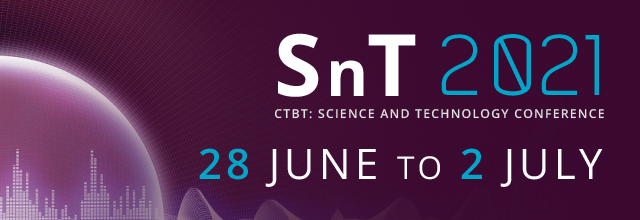Speaker
Description
A new algorithm for processing beta-gamma coincidence spectra based on the maximum likelihood and non-negative least squares (NNLS) methods is presented. The algorithm allows simultaneous processing of the signal in all regions of interest (ROI). This approach has a number of advantages over the net count calculation (NCC) algorithm and provides a solution to the problem of processing beta-gamma spectra in its most general form. The use of regions of interest (ROI) with simultaneous NNLS fitting allows efficient and noise-resistant estimation of the activity of relevant xenon isotopes.
The presented method also makes it possible to process measurement errors in a more general and correct form. A linear regression solution is used to calculate the errors, which makes it possible to take into account the correlations of obtained activity estimates.
A program was developed for processing beta-gamma spectra using a new algorithm, and the activities and volumetric activities of xenon were calculated using the data obtained by the Monitoring System of Xenon Isotopes MIKS in 2020. The results of the new measurement processing algorithm and other algorithms are compared.
Promotional text
A new algorithm for processing beta-gamma coincidence spectra based on the maximum likelihood method is presented. The calculation of the activity of xenon was carried out according to the data obtained from the MIKS system.

